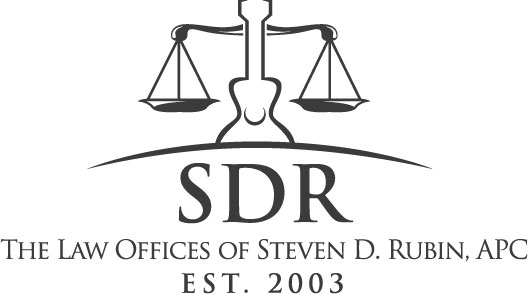
The “Tort” of Conversion
Okay – what do you call it when someone wrongfully takes your stuff and doesn’t give it back to you, even after you ask for it back? Stealing? Theft? Well, in our civil law, we sometimes refer to that as “conversion” as in taking someone else’s stuff and “converting” it by treating it like it is your stuff.
Numerous definitions of conversion are found in the case law. Conversion is defined to be an act of willful interference with personal property, done without lawful justification, by which any person entitled thereto is deprived of the use and possession of the personal property. Alternatively, conversion is said to result from any act of dominion wrongfully exerted over another’s personal property in denial of or inconsistent with his or her rights therein.
These definitions are helpful only insofar as they provide the broad framework of the tort. The actual requirements for stating a cause of action for conversion show the tort to be narrower in scope than what these definitions suggest. Thus, for example, conversion does not result from any act of wrongful dominion but only from intentional acts involving substantial interference with the plaintiff’s right of possession.
So what sort of stuff can be “converted?” We tangible property can be converted. Someone can take your horse or your ox. Your shoes. You get the idea. How about money? Money may be the subject of a conversion action only when the money can be described or identified as specific property since conversion deals with interference with property. Credit card, debit card, or PayPal information may be the subject of a conversion, so long as the amount converted is ascertainable. A check, being capable of identification, is capable of being converted.
So, what can’t be converted? The California Supreme Court has held that a medical patient who brought an action against medical personnel and genetic researchers, who used his excised body cells for potentially lucrative research without his permission, failed to state a cause of action in conversion because he failed to show an ownership interest in the cells or the patented products resulting from the research. A little creepy, but okay.
What about banks? A bank is not subject to liability in conversion for converting deposited funds to its own use, because the bank’s relationship to its depositor is that of debtor to creditor, and the title to deposited funds passes immediately to the bank, which may use the funds for its own business purposes.

